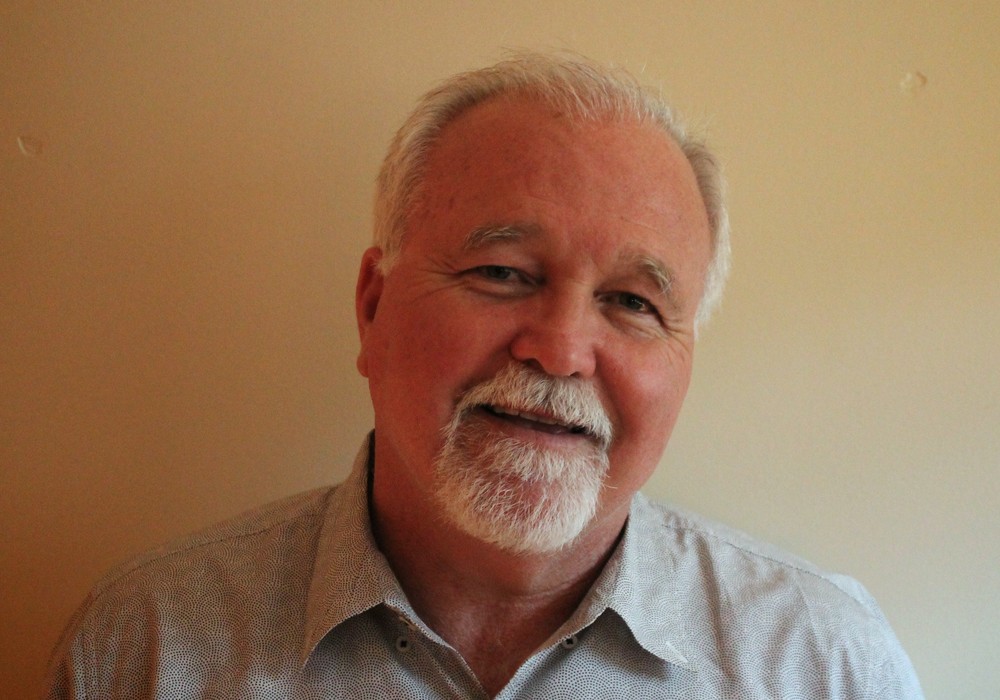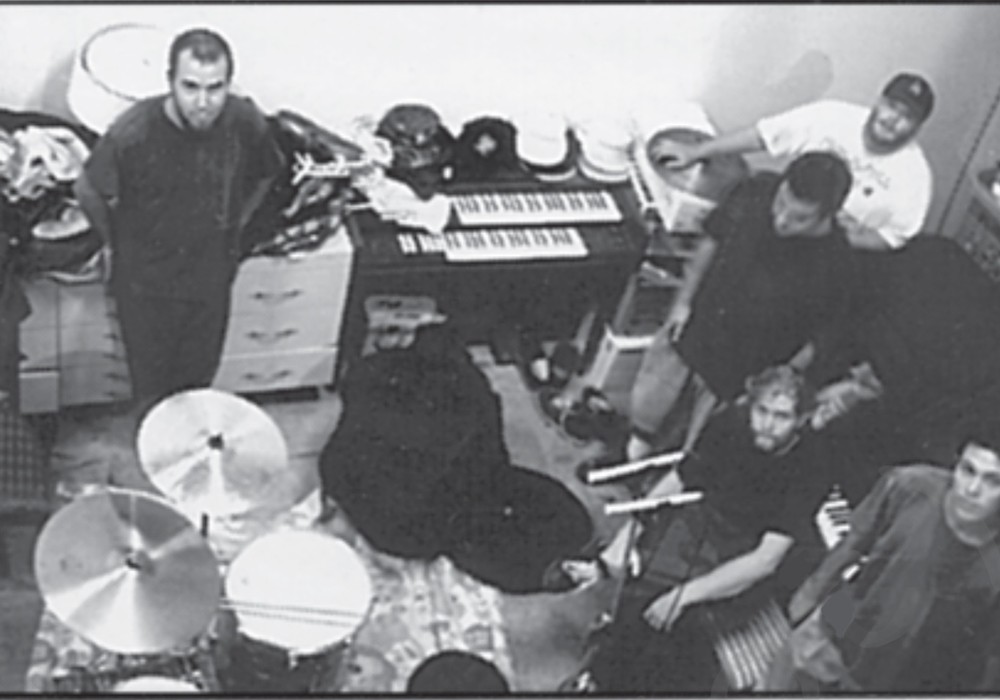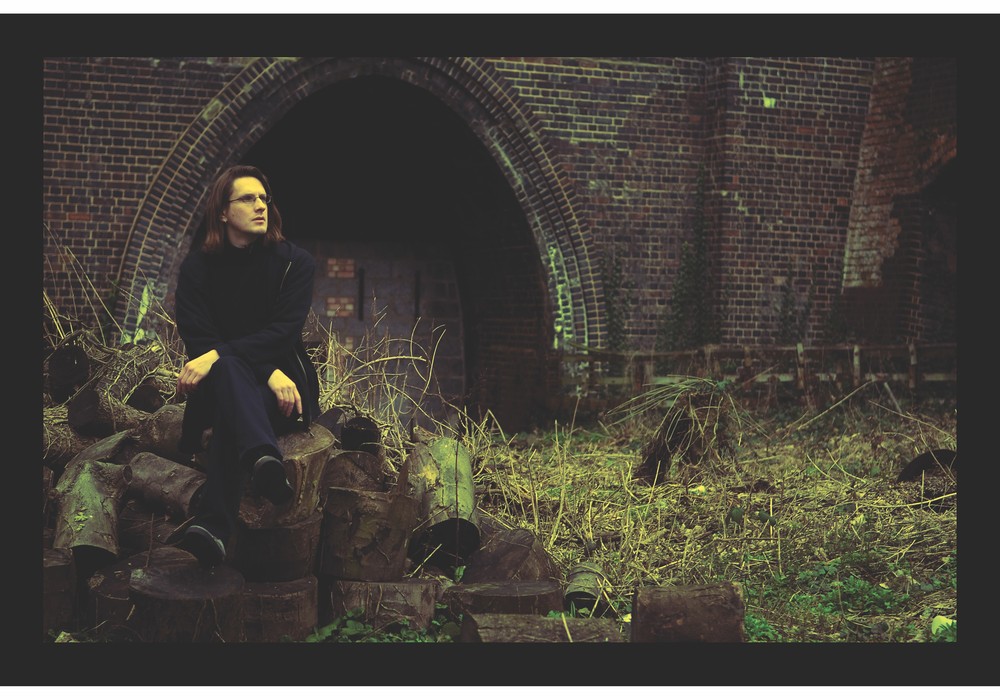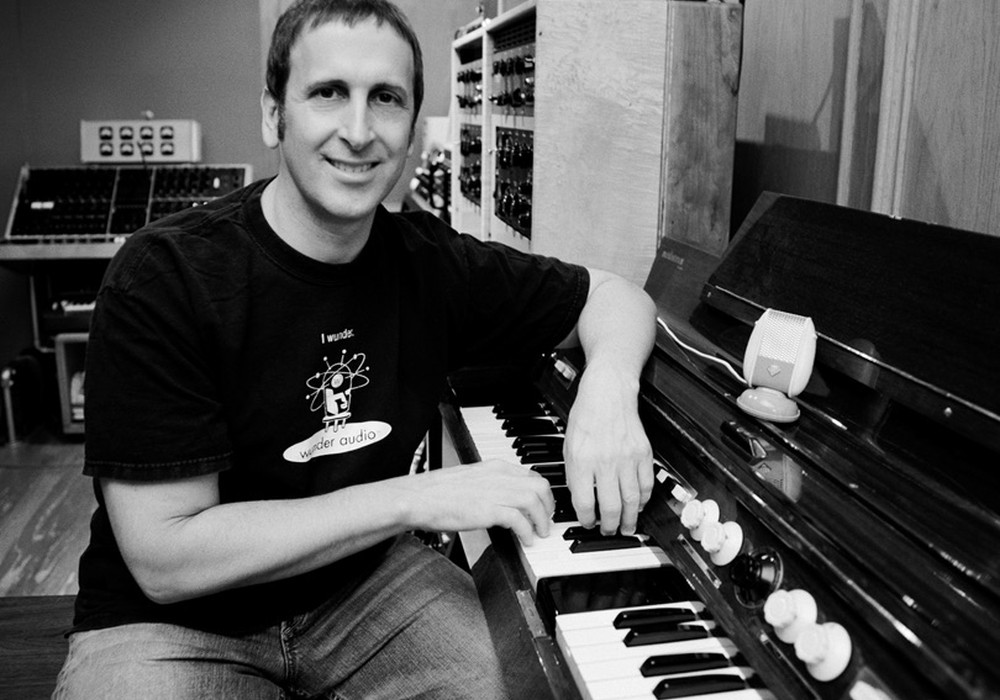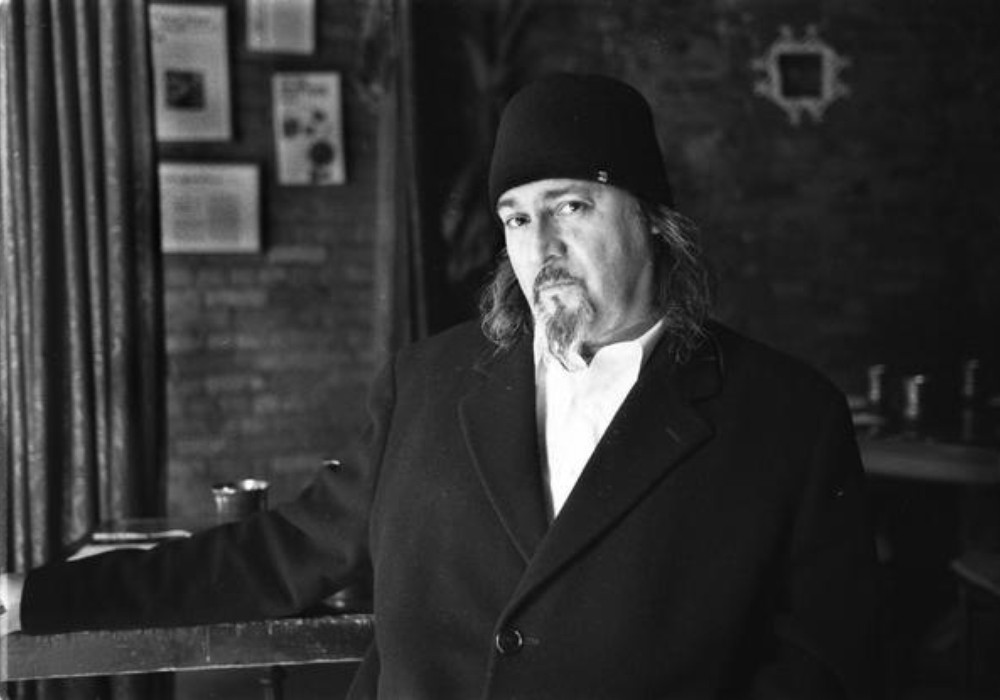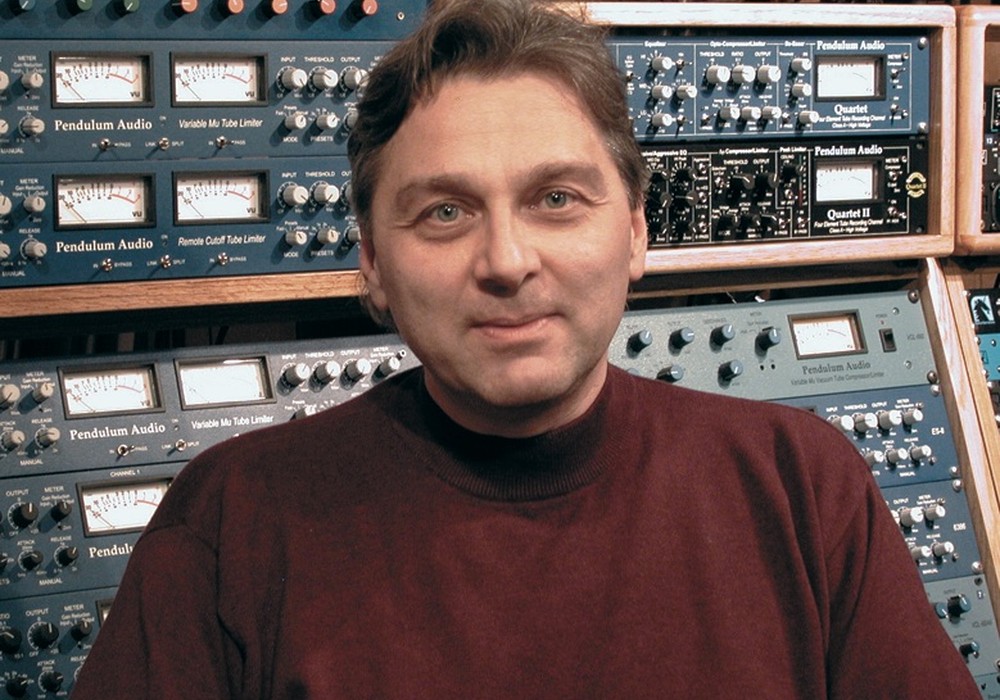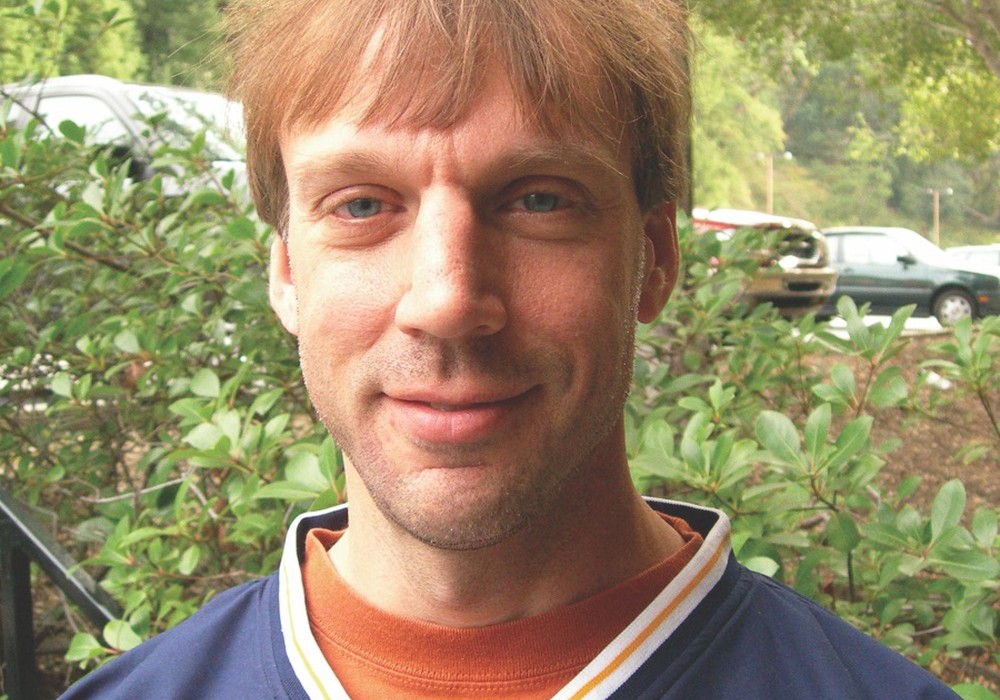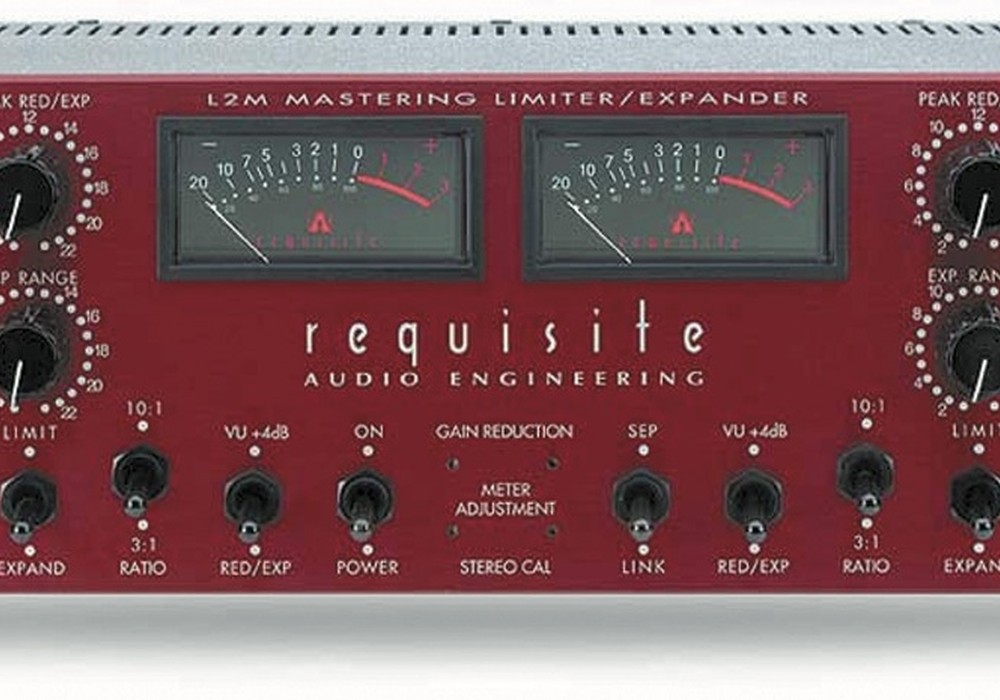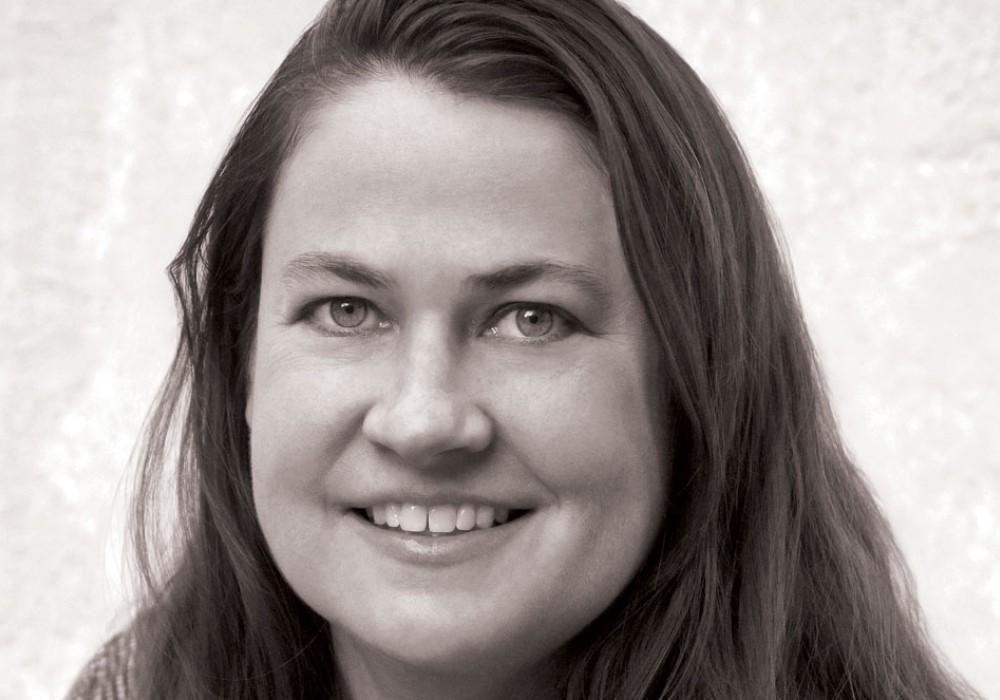Doug has been a proponent of high-quality, high-end tube recording gear for ten years now. His mic preamps, EQs and direct boxes are known as some of the best-built and greatest sounding in the audio business.
So, how did you become an audio gear designer for the stars?
Ha Ha! Well, you know the real story goes back a long time to when I was a kid. Because I was always building electronic things, some audio, some radio things, some other kinds of electronic stuff. I was always interested in it. I was also interested in music so it was sort of a logical thing to do. I was a studio owner for fifteen years before I started the manufacturing business.
So you owned a studio but not anymore?
Yep, I decided that I no longer wanted to work all night.
Yeah, I was going to say, it sounds like you came to your senses!
Yeah, I think, for the most part it's for people who are younger, and when you get to a certain point you say, "You know, I would really rather sleep at night." But I still love it and I still do occasional location recording, so I keep my ears tuned to what good audio is supposed to sound like. You know, when I started out experimenting with electronics, transistors were expensive and there wasn't a whole lot of information about audio and transistors and I just started out with tubes and I'm just more comfortable with them. And it just happens that I prefer the sound of them. When Istarted the manufacturing business about ten years ago, there were a few tube manufacturers out there, but certainly not like there is now. And, you know, I just happened to be at the right place at the right time with the right product.
How much of your background in music has had an impact on how your designing aesthetic has evolved?
Probably a lot. My father was a classical musician, he played French horn in the Philadelphia Orchestra, and when I was a kid I used to go to concerts all the time, but I also went to rehearsals and recording sessions. And sometimes I would just wander around the hall just listening, or sometimes actually my father would let me sit on the stage with him, during a rehearsal.
Was this under Eugene Ormandy?
Yep, it was.
So you used to kind of hang around the concert hall while your dad was doing his stuff?
Yeah, although I have to admit when I was eight years old I was sort of more interested in seeing what went on backstage, you know, just fascinated by the hall and everything. But I think the influence of hearing music that way stuck with me and my father wasn't the kind of person who listened to records. We didn't really listen to records in our house. So my exposure to music was almost entirely to live music, which I thought everybody was like that, but later on I realized that's not the way it is. I mean we're into the second or third generation of people, the majority of their experience with music usually comes out of loudspeakers.
So, now I'm looking at your stuff on the web here and it's pretty pricey stuff, why is that?
Well, it's very expensive to build. The audio transformers are all custom made for me by Jensen, and they are expensive transformers. There's just no way to get good transformers without spending a lot of money. And, you know, I want stuff that's going to last for a long time and be really reliable. Being a studio owner I know what it's like, you don't want gear that doesn't work, especially if you're recording performances or something where you only get one shot at it. So I designed the stuff to be extremely robust and with real conservatively rated components and really the best components that make sense to use in there, and all those things tend to increase the cost. To a certain extent I purposely choose that niche because I wanted to keep the company relatively small so I could run the whole thing myself, which I've pretty much been able to do, although I have people assemble the units for me now. But, in order to do that I sort of picked that high-end niche,...
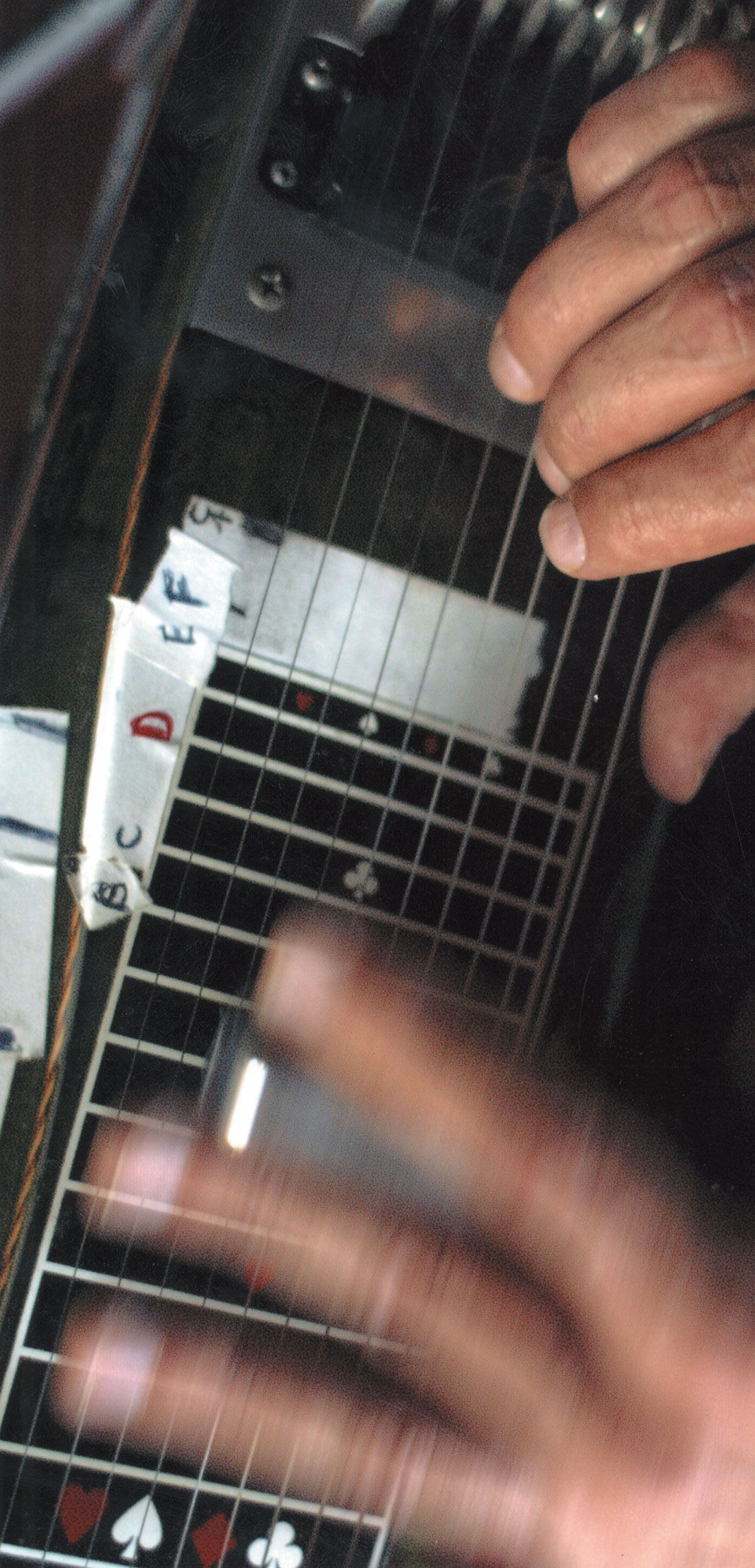

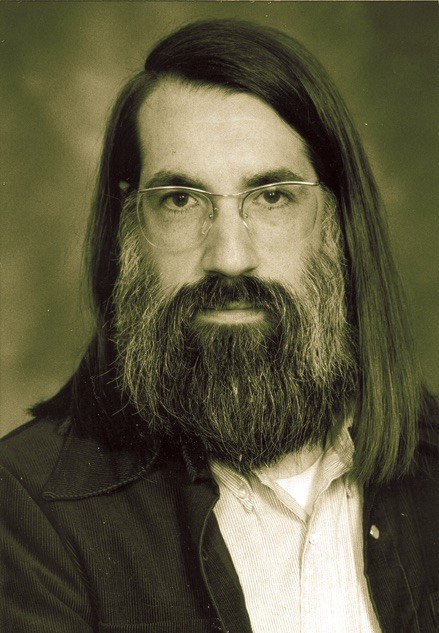


_disp_horizontal_bw.jpg)
